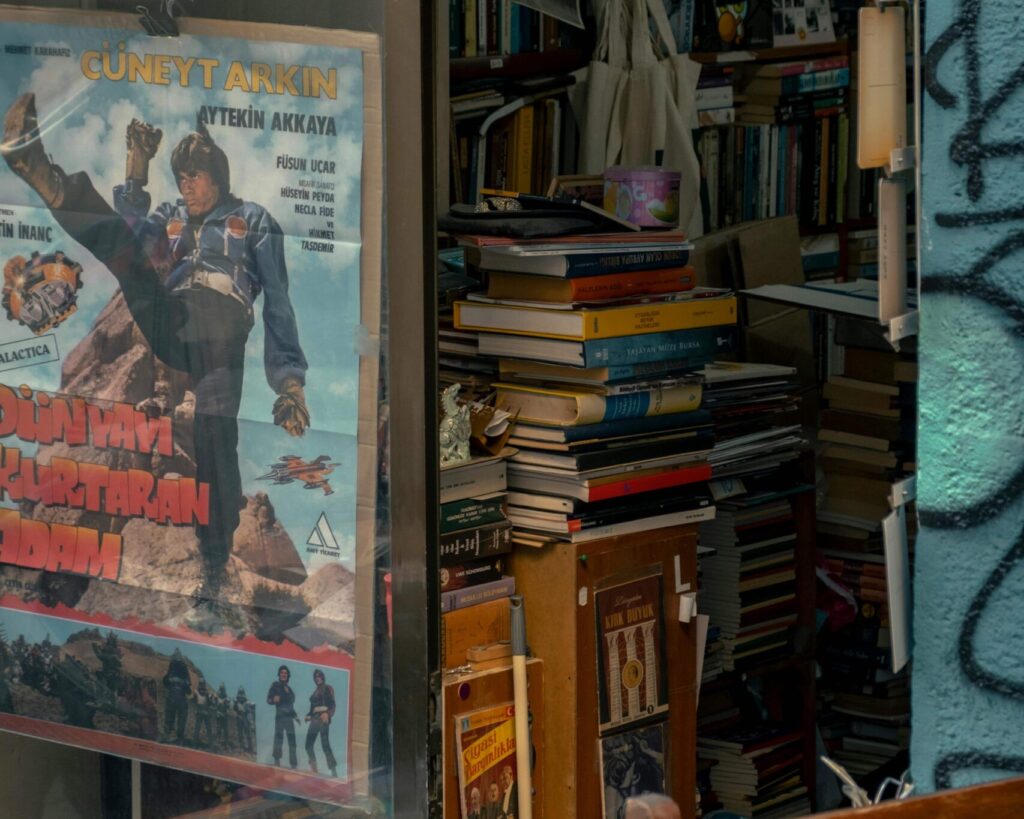Should books be made into movies? It’s a simple question. However, the older I get, the more I realize that the answer is not so simple.
There are two major ways we see books adapted to the film screen. First, there is the classic, approximately two-hour-long movie. These movies frequently choose a theme or aspect of the book to draw out, since they simply don’t have enough time to actually thoroughly address the story or the characters. Second, there is the miniseries. Overall, miniseries do a better job of capturing books. The longer time format allows them to be more intentional about crafting a strong retelling of the narrative, characters and themes of a book. At times, we see books adapted into movie series, which does better address the issues of time constraints.
However, a film adaptation must always make sacrifices. There’s simply no way to fit all that is in a book, something that uses words to paint pictures in the reader’s imagination, into a film, which presents the picture directly to the reader.
This is the largest issue that arises when considering film adaptations: The effect on the audience’s imagination. Film adaptations present their own readings of the book, which may or may not align with how the book is intended to be read. This can occur in the addition of scenes or characters to movies that were not originally in the book, thus affecting the story arc and the audience’s understanding of the story. However, even if the movie technically followed the book perfectly, pictures still capture the audience’s imagination. They capture the audience’s imagination in something as simple as the tone of a character’s voice while they quote from the original book. To see it in movie form restricts the audience’s imagination to only hear the quote in that tone, in that voice. This can also take place in something as large as how the movie interprets different aspects of world-building. The film-maker’s imagination for what a scene ought to look like, for even what a planet ought to look like, fill the audience’s mind with their own pictures. The film-maker’s imagination is imposed upon the author’s picture, so that the audience’s imagination is filled with the film-maker’s pictures, rather than what the author themselves necessarily desired. While the film-maker’s imagination can bring the story to life for some audiences, and perhaps at times do so even better than the author, this happens infrequently. It is much more frequent that films based on books fail to retell the story, and forever hurt the audience’s imagination to boot.
So, all in all, should we adapt books into movie form? Movie adaptations must always sacrifice something in their attempt to retell the story. This could include elements of the story itself, like scenes, characters, character growth, or almost anything else you can think of. However, it always includes the sacrifice of the freedom of the audience’s imagination, and that is too great a cost to be counted.
Daniel Finegan:
Think of some of the greatest movies of all time. “Lord of the Rings.” “The Godfather.” “How to Train Your Dragon.” “The Wizard of Oz.” “The Princess Bride.” What do all these films have in common? They were all based on books.
Adapting books into movies is a very common practice, and one that is often controversial. Audiences who love the book often detest the movie for being inaccurate to its source material, or just being plain bad. There are certainly many, many examples of bad book-to-film adaptations. However, when the halls of cinema greatness are filled with so many movies with the credit “Based on the book by…,” it becomes clear that simply disregarding books being made into movies would do a great disservice.
Part of the reason why fans of a book do not like its movie adaptation is because of imagination. Books and movies are very different mediums. Movies utilize more complex visual and auditory elements than books, so the latter relies more heavily on the imagination of the reader. When you read about Aragorn in Tolkein’s books, your imagination constructs an image of him, whereas the “Lord of the Rings” movies use an actor (Viggo Mortensen) to portray the character. Many fans react negatively when the movie’s depiction of a character is not in line with how they imagined the character.
This negativity arises from a misconception about the very nature of films. A book leaves a lot up to your imagination; a film, much less so. Neither approach is necessarily better or worse; they are just different.
The faithfulness of a film to its source material, in and of itself, has very little bearing on its quality. “How to Train Your Dragon” and “The Princess Bride” are quite different from the books of the same name; yet, in my opinion, the films are better. What matters is not, “how accurate is this movie to its book?” What is far more important is, “how good is the movie?”
It can be hard for fans of a book to see it be made into a movie. The art we love has a profound effect on us; it is often very dear and important to our formation as people. Bad movie adaptations, or even ones that make changes to how we see the world and characters, can feel almost like personal attacks. However, even if an adaptation of a book turns out to be a terrible movie, it cannot affect the quality of the book. The book will remain just as good as it was before the movie came out. I can watch a movie based on a book I love, and it may absolutely suck; but I can always go back to the book. But if it happens to be a good movie, then I am depriving myself if I refuse to watch it.

